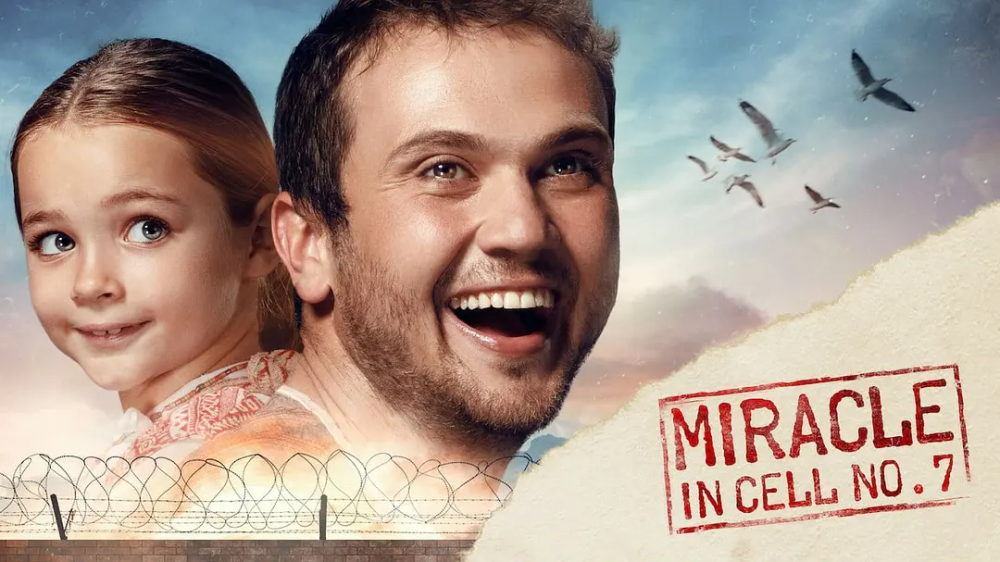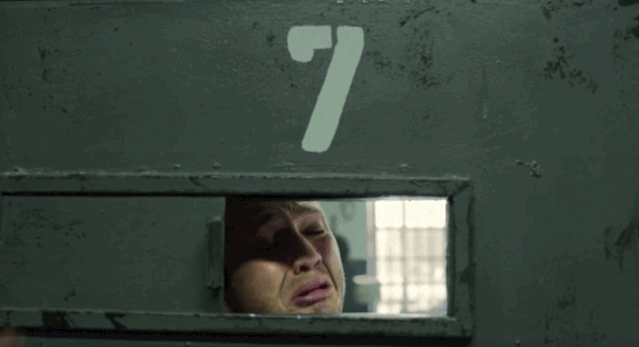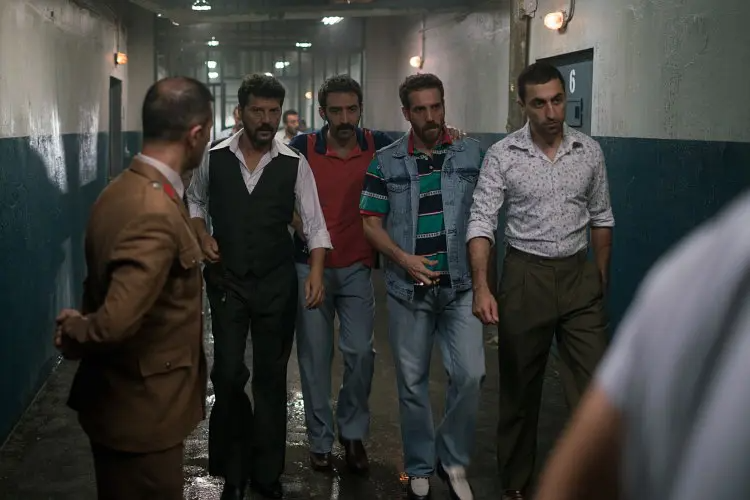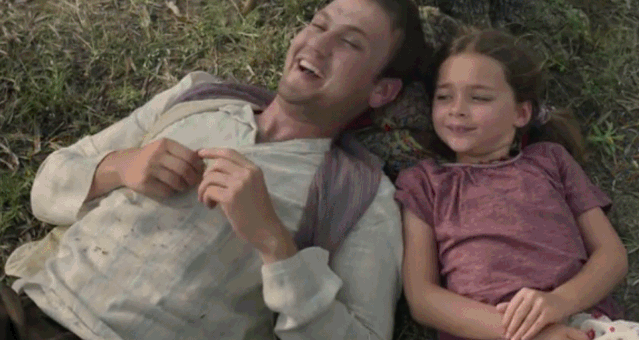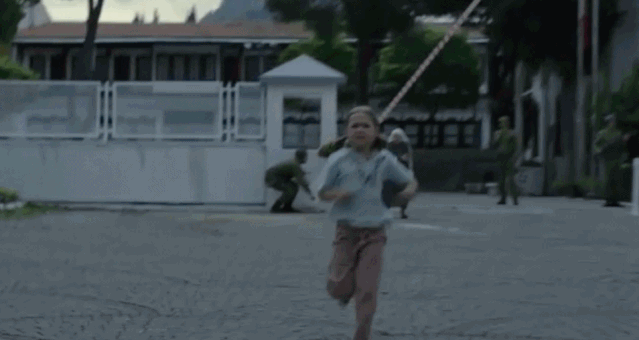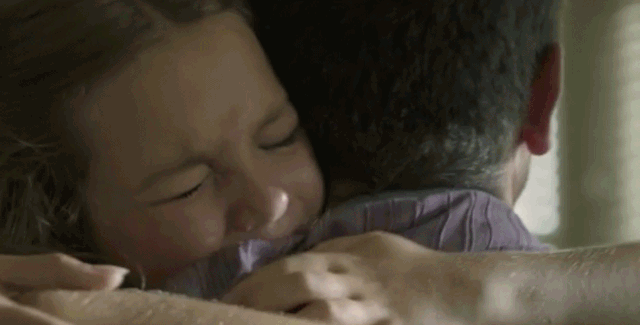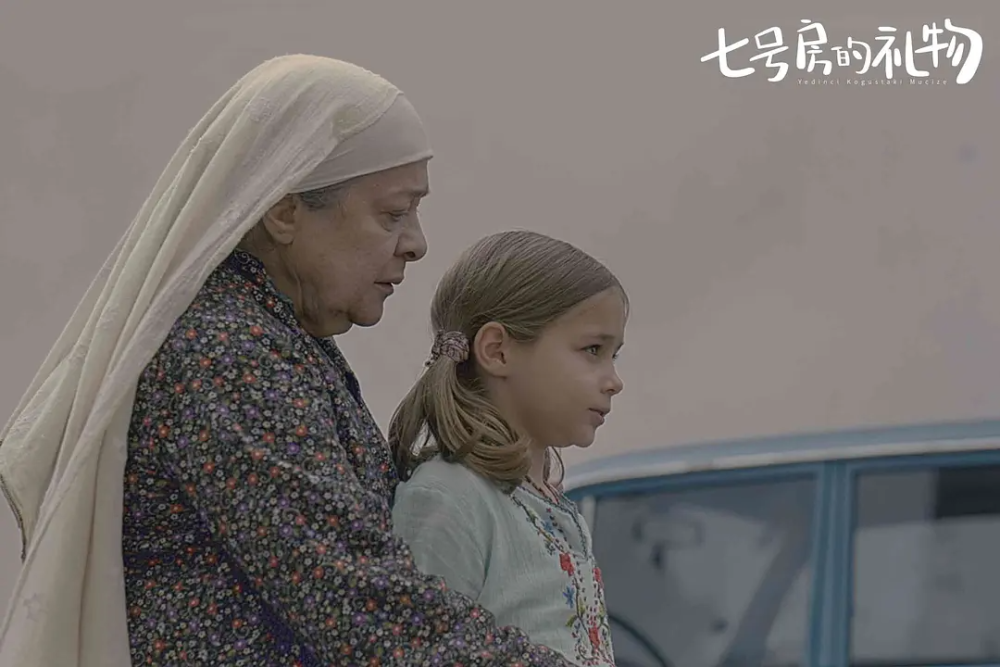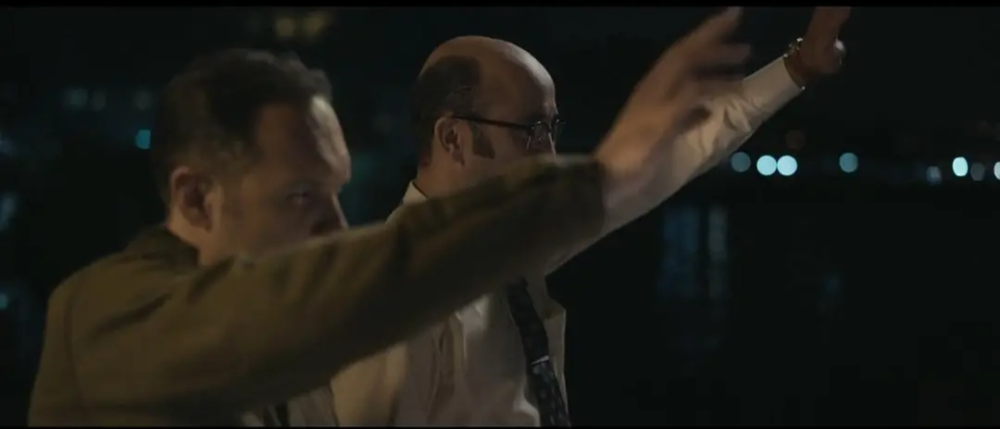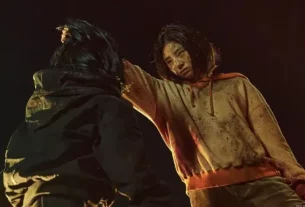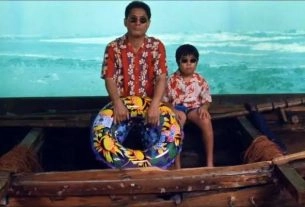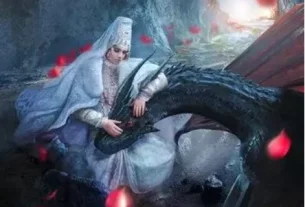For the movie I want to talk about today, many friends may have had a strong emotional connection with it seven years ago, and they shed a lot of tears for it.
Seven years ago, the Korean movie “Miracle in Cell No.7” earned tears and won the Blue Dragon Award for Best Actor in Korean Film, Best Screenplay by Baeksang Arts Awards and Best Actor in Korean Film Daejong Award.
On Douban, nearly 400,000 people rated the movie, and more than 90% of the audience gave it a four-star rating.
The short comment area of the film is almost to be washed away by everyone’s tears. The screen is full of “cry swollen”, “crying to twitching”, “tears full of tears”…
With tears and tears, everyone gave this film a high score of 8.9 and sent it to the top 100 on Douban. Seven years later, Turkey remakes the movie. Today we are going to talk about this Turkish version of “Miracle in Cell No.7”.
After seven years, the Turkish version of “Miracle in Cell No.7” almost repeated the courtesy received by the original version as soon as it was released in the local theater-becoming the 2019 box office champion in the tears of the audience. Douban’s 7.8 score also proves that the audience’s recognition of the adaptation of this film is not only moved, but many people also mentioned the intoxicating beauty of Turkey in the comments.
Indeed, the Turkish version of “Miracle in Cell No. 7” is full of Turkish-style charm of terroir, but its success is by no means just for scenery.
To a greater extent, it is because it not only retains the original moving and warm emotional core, but also faces the ugliness and sins of this land in an extremely localized way.
This kind of just the right subtle scale allows this adaptation of the film to retain the soul of the original version and regenerate the flesh and blood of Turkish movies.
Memo, who suffered from mental illness, was identified as the murderer of the lieutenant colonel’s daughter, and the lieutenant colonel vowed to “get justice” for her daughter. Memo, who was detained in cell No. 7, missed her daughter Aova day and night.
From the beginning, the inmates believed that Memo was the murderer, and found that Memo was kind and innocent, and finally helped Memo smuggle Aova in. The father and daughter are reunited in room 7…
In this story, the warmth and warmth in human nature is infinitely amplified. Memo and his inmates, to some extent, they are all “defective people.” Memo is intellectually and mentally defective, and his inmates are morally and legally defective.
A powerful lieutenant colonel with a happy family is a “successful person” in the secular sense, but when he confronts Memo, this has been proven innocent by witnesses in law, and at the same time has no full capacity in medicine. “Disabled”, the lieutenant colonel allowed himself to be swallowed up by vengeance, doing unrighteous things in the name of the law and the convenience of his authority.
On the contrary, Memo’s inmates, the “defective people”, have released a more complete and abundant kindness and love than the seemingly normal, morally correct, and compliant “successful people” like the Lieutenant Colonel.
They approached the special pair of father and daughter Memo and Ova little by little, and while helping them, they also gained the courage to face themselves.
Between this “incompleteness” and “abundance”, the light of human nature is revealed. This is also the warm background of the whole film.
In many cases, the good and evil of human nature need to be stimulated. In this story, the kind and innocent Memo and the innocent Aova are the keys to human kindness.
From the beginning, the inmates believed that Memo was the murderer of the little girl cruelly, and embarrassed Memo everywhere and even beat Memo. But gradually, they saw the “unusual” side of this man.
Memo treats the birds and kittens in the yard with love, and when he treats these animals that are weaker than him, the meticulous care that he has given all can not be overstated.
Memo was a little stupid, but it was his stupidity that tore through the first crack in the hearts of the inmates, and the warm and soft light passed through this crack and spilled into the original hard hearts of these people.
They began to doubt Maymo’s trial. A person who has low intelligence and is unwilling to hurt animals, would he really cruelly kill a girl of the same age as her daughter?
The attitude of the inmates changed. They began to sympathize with Memo and wanted to do something for the poor man. They designed to transport Aova into the cell, fulfilling Meimo’s wish to reunite with her daughter.
These inmates did not realize that from this moment on, they not only transported Ova into a closed cell, but also sent her into their locked heart.
This little girl named Owa, like a ray of sunlight, shone into the heart of every inmate. They watched Ova and Memo reunited, and it seemed that this was the most meaningful thing everyone had ever done.
These “sick people”, these people with darkness and incompleteness, seemed to be cured by Memo and Aova.
With the arrival of Aova, these sanctioned and “abandoned” people were redeemed by innocence and comforted by the sun. They are empowered to re-examine themselves and begin to change.
Even the “Big Brother Underworld” in prison began to soften, began to attach importance to the family of his wife and children, and planned to find a full-time business student after being released from prison.
It is never deeper darkness that can overcome darkness, but warmth, light and love.
Consistent with this kind of warm background, is Turkey’s unique natural style, warm sunshine, vast meadows, wooden houses full of Mediterranean style and various carpets… These elements all visually present a “fairy tale” world. .
In this story, Meimo’s grandmother is the kind and kind old grandmother in the fairy tale. She gave Meimo and Aova all the tenderness and love.
When Ova was laughed at by her classmates, “Your father is a fool”, she comforted: “Your father is a child like you.”
In simple words, it is the grandmother’s wisdom and philosophy-in her eyes, Memo will always be his grandson. Like Owa, they are all her beloved children, regardless of age and IQ, but only about love.
Owa’s teacher is also a beautiful, kind and gentle woman. After her grandma’s death, the teacher took on the important task of taking care of Owa.
The biggest change in the characters is the appearance of an eyewitness in the film. The deserter accidentally witnessed the entire process of the lieutenant colonel’s daughter falling into the sea while hiding. He is the only person who can prove Mei Mo’s innocence.
These people are like characters in fairy tales. They live by the kindness of their hearts. They live in the hometown of “Heidi”. In such a promised land, in the contest between sunlight and darkness, even pain is always accompanied by the possibility of miracles.
Yes, at the end of the story, a miracle happened. With the help of inmates and guards, Memo and Aova and his daughter were reunited. They left their hometown and had a chance to be happy again.
Compared with the Korean version of the movie, this ending is like an oracle. It is related to a series of real social realities such as Turkey’s strong military and political system and religious background.
Based on these complicated realities, it completes the regret that the Korean version of the movie cannot be completed.
This is an ending that can only happen in a land with a strong religious tradition like Turkey: in order to fulfill Memo and his daughter, the inmates gave up their lives and went to the gallows for him. In the entire plan of “civil cats for princes”, the two roles of prison guard and captain, who originally represented public power, also became the planners and implementers of the plan.
This is very interesting-if in the first half of the film, the intricate gray area between military, political, and judicial is only used as the background for the unfolding of the story, then in this ending, there will be more realistic discussions about Turkey’s military, political and judicial affairs. The meaning of self-reflection.
It didn’t try to refute anyone across the board, but pushed aside this gray power operation system, allowing us to see the vivid individuals within this system, and see prison guards and captains who are passionate, warm and just.
When criticism and praise are centered on people, we send out deep sighs from the depths of human nature, and naturally give rise to more thinking about human nature.
Compared with the Korean version, the Turkish version of “Miracle in Cell No. 7” not only has the courage to face social reality, but also examines the wisdom of individuals.
In the discussion of the complexity and diversity of human nature, this film obviously goes deeper than the original.
Movies are a common language of mankind. The tenderness and strength conveyed by this movie not only impress the Turks, but also make us feel strong emotional resonance. Today, the Turkish version of “Miracle in Cell No.7” has been released nationwide, let us join it and be moved once again!
Related Post:“Miracle in Cell No.7”: A father who was in jail with an injustice but moved everyone.
